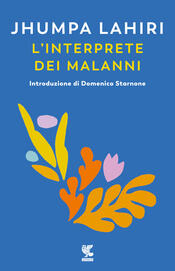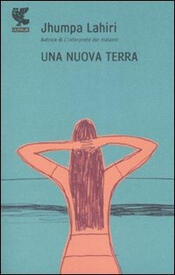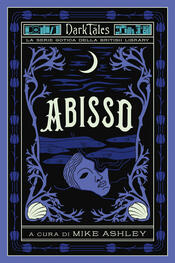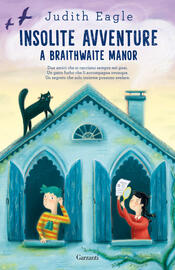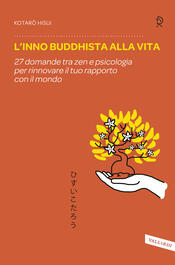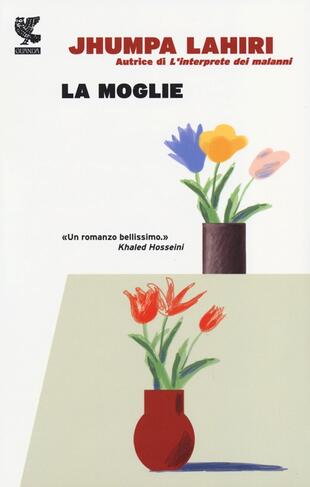

Sinossi
Nati a quindici mesi di distanza in un sobborgo di Calcutta negli anni tormentati dell’indipendenza indiana, i fratelli Subhash e Udayan si somigliano al punto che perfino i parenti li confondono tra loro, ma sono anche l’uno l’opposto dell’altro. Subhash, silenzioso e riflessivo, cerca di compiacere i genitori esaudendo ogni loro richiesta; Udayan, ribelle ed esuberante, non fa che mettere alla prova il loro affetto. Così, quando sul finire degli anni Sessanta nelle università bengalesi si diffonde la rivolta di un gruppo maoista contro le millenarie ingiustizie subite dai contadini, Udayan vi si getta anima e corpo, pur consapevole dei rischi; Subhash invece se ne tiene alla larga e preferisce partire per gli Stati Uniti. I loro percorsi sembrano divergere inesorabilmente: Subhash intraprende una tranquilla carriera di studioso in una cittadina sulle coste del Rhode Island, mentre Udayan, contravvenendo alle tradizioni, sceglie di sposarsi per amore con Gauri, una giovane studentessa di filosofia, affascinata dal suo carisma e dalla sua passione. Poi la tragedia irrompe, improvvisa e distruttiva. Quando Subhash scopre cosa è accaduto a Udayan nella spianata dove da bambini trascorrevano intere giornate a giocare, si sente in dovere di tornare a Calcutta per farsi carico della sua famiglia e curare le ferite causate dal fratello, a partire da quelle che segnano il cuore di Gauri. Questa donna indipendente e forte, insieme alla bambina che porta in grembo, diventa il simbolo del legame indissolubile tra i due fratelli e assume un ruolo centrale in una storia travolgente di sentimenti e di abbandoni, di fughe e ritorni. Perché questo è un romanzo che definisce con straordinaria limpidezza i sentimenti nella loro complessità, nella loro capacità di lacerare, di provocare conflitti ma anche di comporli. E «la moglie» è, in questo, la figura più rappresentativa, quella che assume un valore fortemente emblematico.
- ISBN: 8860880416
- Casa Editrice: Guanda
- Pagine: 432
- Data di uscita: 12-09-2013
Recensioni
Very close to a 3. Downgraded to a 2 because Lahiri can do SO much better. This book was just too chilly for me. Years, decades, generations pass, but people don't grow, change or express themselves- they just keep bitterness, love, sadness, guilt equally bottled up, and indulge in quiet renunciation Leggi tutto
Wow. Jhumpa Lahiri's THE LOWLAND is a big novel with the power of her best short stories. It follows the life of Subhash Mitra as he grows up in Calcutta and then moves to America--typical fare for Lahiri, but with much broader scope and even cleaner, crisper writing than the Pulitzer Prize winner h Leggi tutto
Twilight’s Children He had found the letter under his brother’s bed. He had not minded the dust that lit up the damp light of the room. He had read it immediately. But now that he was back in his room, he took it out again, wanting to read it one more time, as always. He remembered all the letters he Leggi tutto
I've been postponing writing a review of this book because I'm not sure what I can say that hasn't been already said by others in a more eloquent fashion. So I'll record here my lingering reaction, the feeling that has stayed with me after two months: This book is haunting and haunted. A pair of link Leggi tutto
One of the best works of fiction I have ever read. I cried reading it in my office, whisper-screamed “omg” about it on my couch, and raved about it to my friends over FaceTime and Zoom. As a brief plot summary, The Lowland starts out with two brothers living in Calcutta, Subhash, who moves to the Un Leggi tutto
"Behind the water hyacinth, in the flood water of the Lowland: this was where, If the neighborhood was raided, Udayan had told her he would hide. He told her that there was a section where the growth was particularly dense. He kept the kerosene tin behind the house, to help him over the back wall.
Citazioni
Al momento non ci sono citazioni, inserisci tu la prima!



